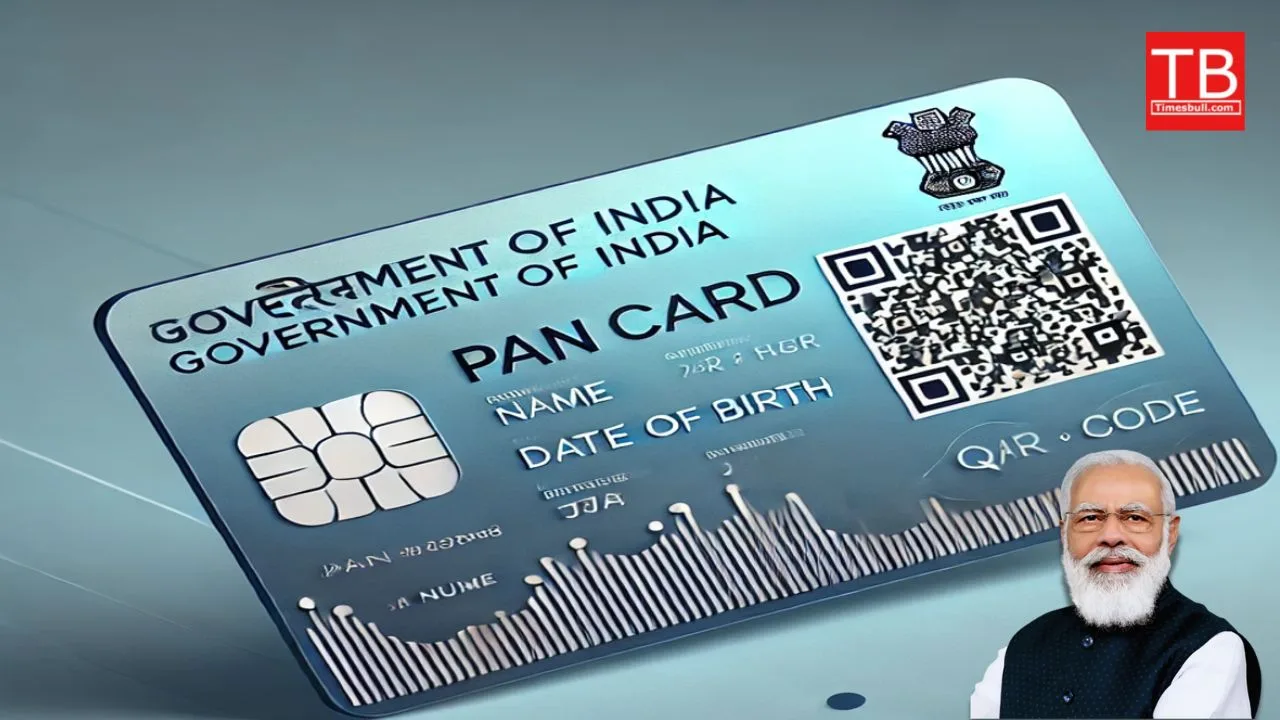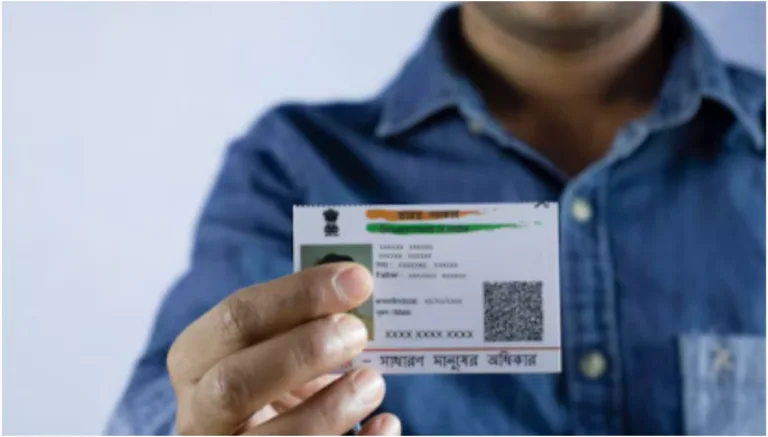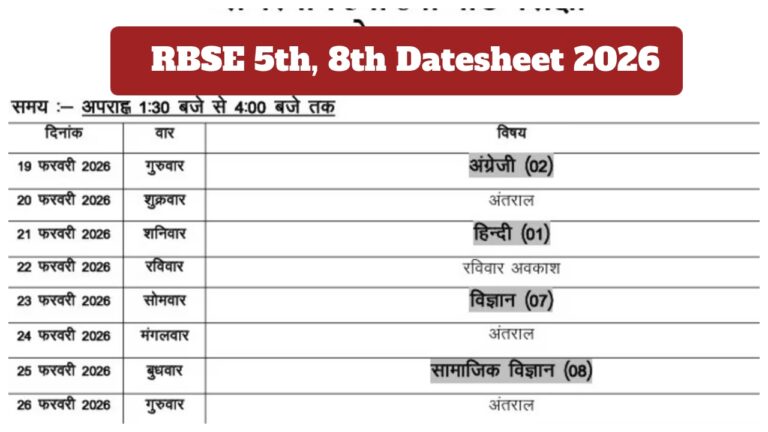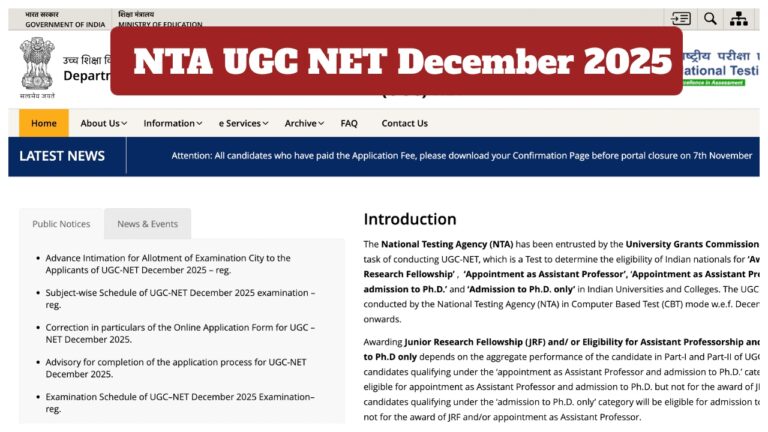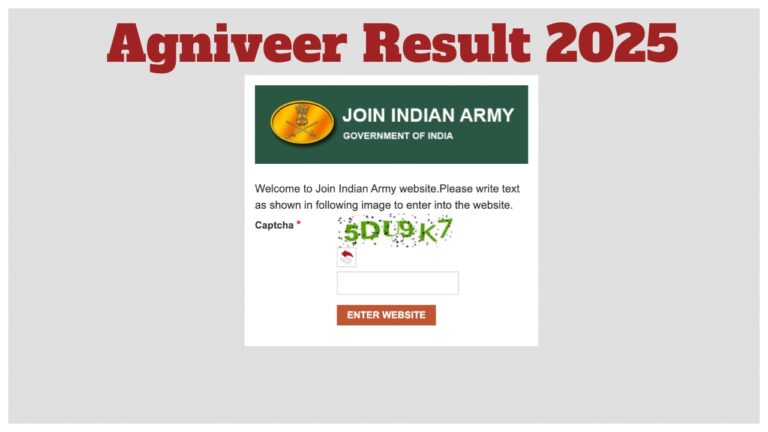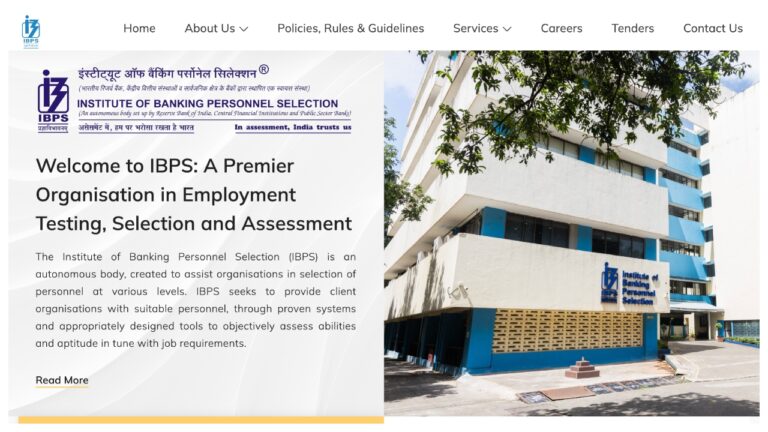A PAN card is an essential document issued by the Income Tax Department, widely used in almost every financial transaction or scheme. However, scammers are targeting this crucial document as well. They are sending emails to lure people into downloading fake e-PAN cards.
If you have received any such email, it’s important to stay cautious. The government has clarified that these emails are entirely fraudulent. In this article, we will guide you on how to protect yourself from these scam emails effectively.
Government Warning: Do Not Respond to Fraudulent Emails
The government has issued a warning regarding fake emails and shared a screenshot of one such email. These emails are fraudulent, and the government advises not to respond to any such emails. People are also cautioned about suspicious phone calls, SMS, or links requesting financial and sensitive information.
📢Have you also received an email asking you to download e-PAN Card❓#PIBFactCheck
⚠️This Email is #Fake
✅Do not respond to any emails, links, calls & SMS asking you to share financial & sensitive information
➡️Details on reporting phishing E-mails: https://t.co/nMxyPtwN00 pic.twitter.com/odF2WdyMzF
— PIB Fact Check (@PIBFactCheck) December 22, 2024
How Scammers Operate
Scammers continuously evolve their tactics to deceive people. They may pose as government officials through phone calls or trick people into clicking on suspicious links.
How to Avoid Such Scams
To protect yourself from falling victim to scams posing as the Income Tax Department, follow these precautions:
- Do not respond to suspicious emails.
- Do not open any email attachments, as they may contain malware designed to steal your information.
- Avoid clicking on suspicious links and refrain from sharing sensitive information, such as bank details.
- Regularly update your device to safeguard against fraudulent activities.
- Report fraud immediately to the cyber police and the National Cyber Crime Reporting Portal.
